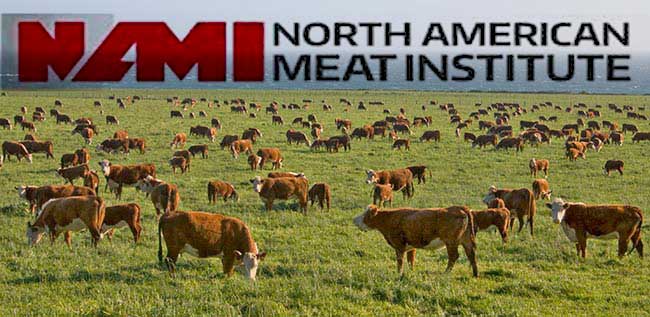NAMI report: PRIME Act is a Food Safety Risk
May 1, 2023

The North American Meat Institute (Meat Institute) today again announced its opposition to the Processing Revival and Intrastate Meat Exemption Act, or the PRIME Act, for the risk it poses to food safety
“American consumers rely on rigorous USDA inspection to ensure the safety and quality of their meat and poultry,” said Meat Institute President and CEO Julie Anna Potts. “Allowing meat to enter commerce without inspection – and without alerting consumers they are buying uninspected meat — jeopardizes food safety and will undermine consumer confidence in all meat products.”
The PRIME Act was reintroduced in the U.S. House by Representatives Thomas Massie (R- Ky.) and Chellie Pingree (D-Maine). U.S. Senators Angus King (I-Maine) and Rand Paul (R-Ky.) have introduced the same bill in the Senate.
“The meat and poultry industry has invested billions in food safety protections, research and infrastructure to ensure we have the safest meat in the world”
Posted in Industry












